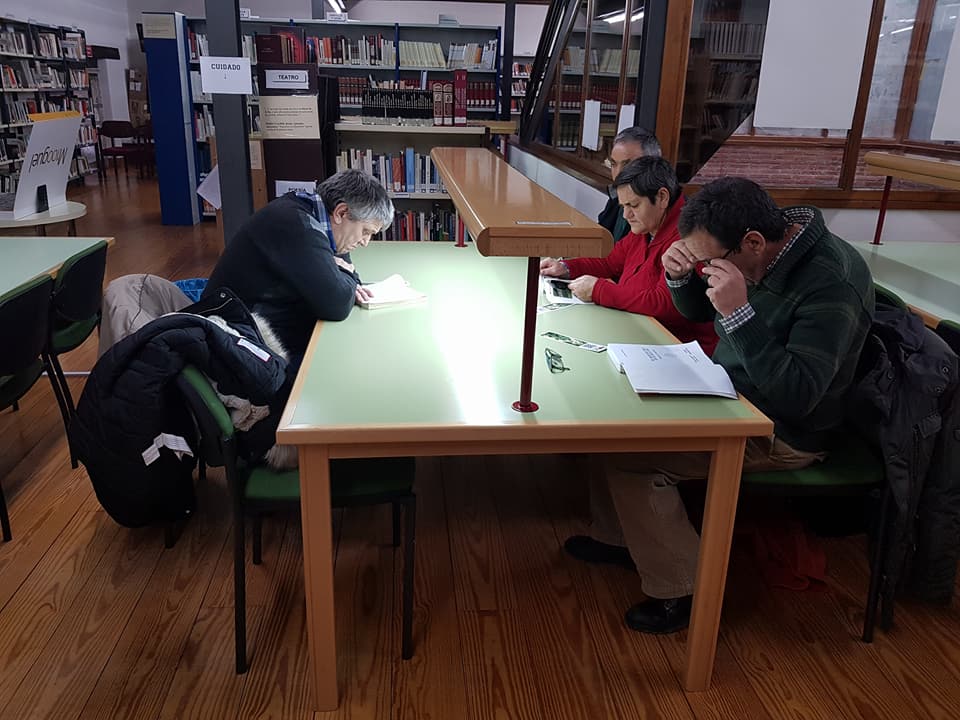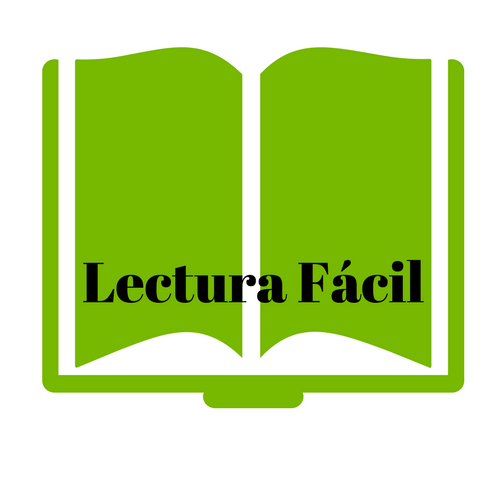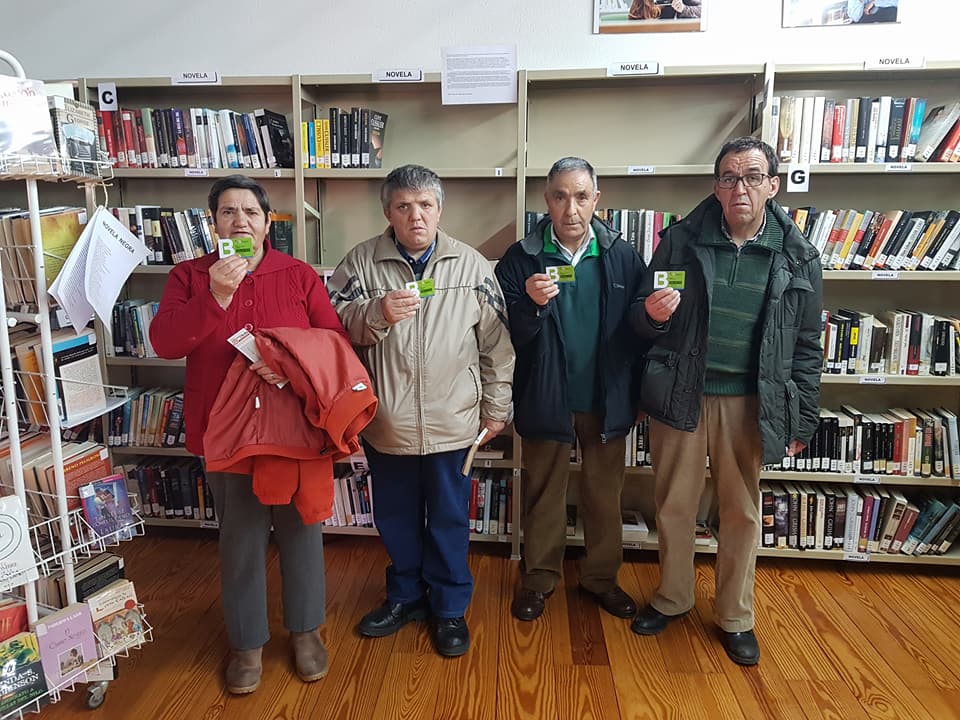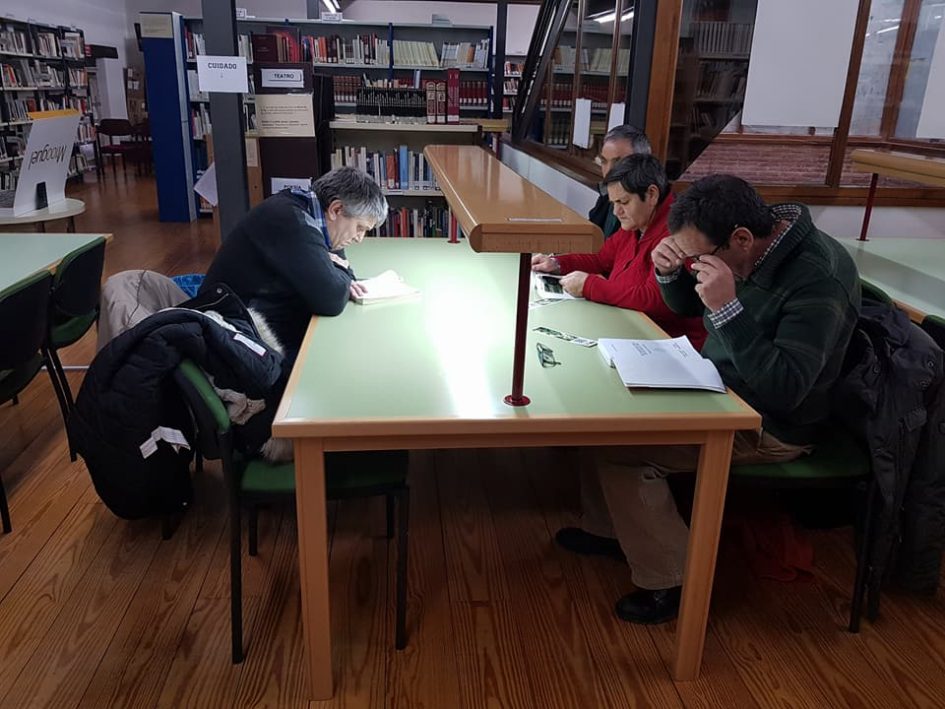
Hands full of hope is a project from the Spanish sister library El Barco de Ávila Municipal Library -located in a town of less than 2.700 inhabitants- in cooperation with ASESCA, the Association of Services from the Avila Region.
This organization promotes the defense of the rights of the persons with physical, mental or sensorial disabilities, seeking to their treatment, care and full social integration. Their work takes place in the rural area of El Barco de Ávila/ Piedrahíta. They are focused now on persons with intellectual disabilities, although most of them also have associated a physical or sensorial disability or a mental disease.
The Convention on the Rights of Persons with Disabilities (CRPD) reflects in its article no. 30 the participation in cultural life: “States Parties recognize the right of persons with disabilities to take part on an equal basis with others in cultural life”. That’s why, from El Barco de Ávila Municipal Library, we consider the participation of this collective in our library essential, making sure they can benefit from our services and offering them the reading as a tool to access information.
First, we showed them how to use the lending system and the library rules, so they could have their library card to borrow books about the town and the region. The project started with 2 persons, and soon 2 more joined. Despite one of them couldn’t read, she listened carefully the other’s read-aloud.
The library staff detected that our new patrons were lost amongst so much content and inaccessible content, so we offered them easy-reading books, more accessible for them. The first one was “The crazy book of Cervantes”, poblished by DOWN Spain in collaboration with the Spanish Ministry of Education, Culture and Sports. We then offered them a few more titles, but this first title has remained their favourite.
Easy-Reading is a technique for textual adaptation that allows reading and comprehension for people with disabilities. Reading is a complex process that starts with the deciphering of the language code. It goes through different stages: identification of the letters, words, phrases and its meaning, comprehension of each and one of them and the text as a whole. It’s an interaction process between thought and language.
Each Easy-Reading book was spine-labelled, we created a logo with the pictogram of a book and the words “Easy Reading” and it was put in a differentiated place, an interest point, so they could be easily located.
We also gave access, through the e-Biblio platform for the lending of e-books, to audiobooks published by Audiomol: “Classic children books”, “Mathias and the impossibles”, etc. This was also a very successful and enriching experience.
We must not forget the words by Jim Abbott: “It’s not the disability that defines you; it’s how you deal with the challenges the disability presents you with”. They faced those challenges, and they won.


Leave a Reply